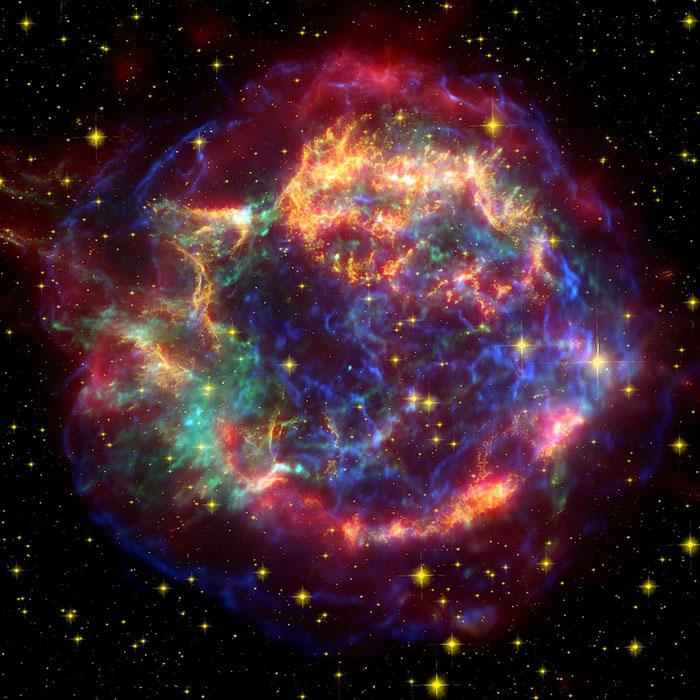As an astronomy major, you’ll gain in-depth knowledge about the nature of the universe, with thorough preparation in physics and mathematics. Like nearly all majors, there are opportunities to engage in research projects in your junior and senior years — faculty and students have played major roles in space exploration, including a heavy involvement in NASA missions such as the Mars Rovers.
Sample classes
- From New Worlds to Black Holes
- Planets, Exoplanets and the Origin of Life
- Galaxies Across Cosmic Time
- Physics of Black Holes, White Dwarfs and Neutron Stars
Outcomes
All information below is based on the 2022 First-Destination Post-Graduate Survey. Lists are not exhaustive, rather they are a sampling of the data. If you would like more information, please email as_careers@cornell.edu
What can you do with a degree in Astronomy?
Graduate school:
Astronomy students pursued various advanced degrees like their PhD and MEng. Their graduate field interest ranges from planetary studies to astronomy and astrophysics.
These ambitious individuals have chosen to continue their education at prestigious institutions like the California Institute of Technology, the Massachusetts Institute of Technology, the University of Chicago, and the University of California-Los Angeles.
Employment:
The majority of astronomy graduates entered sectors in biotech, pharmaceuticals, technology, and education.
Where 2022 Astronomy Graduates Work
| Employer | Job Titles |
|---|---|
| California Institute of Technology | Science Educator |
| Cornell University | Lab Technician |
| MRV Systems | Software Engineer |
| NASA | Intern |
